13 Reasons Why Cats Are Easier Pets Than Dogs
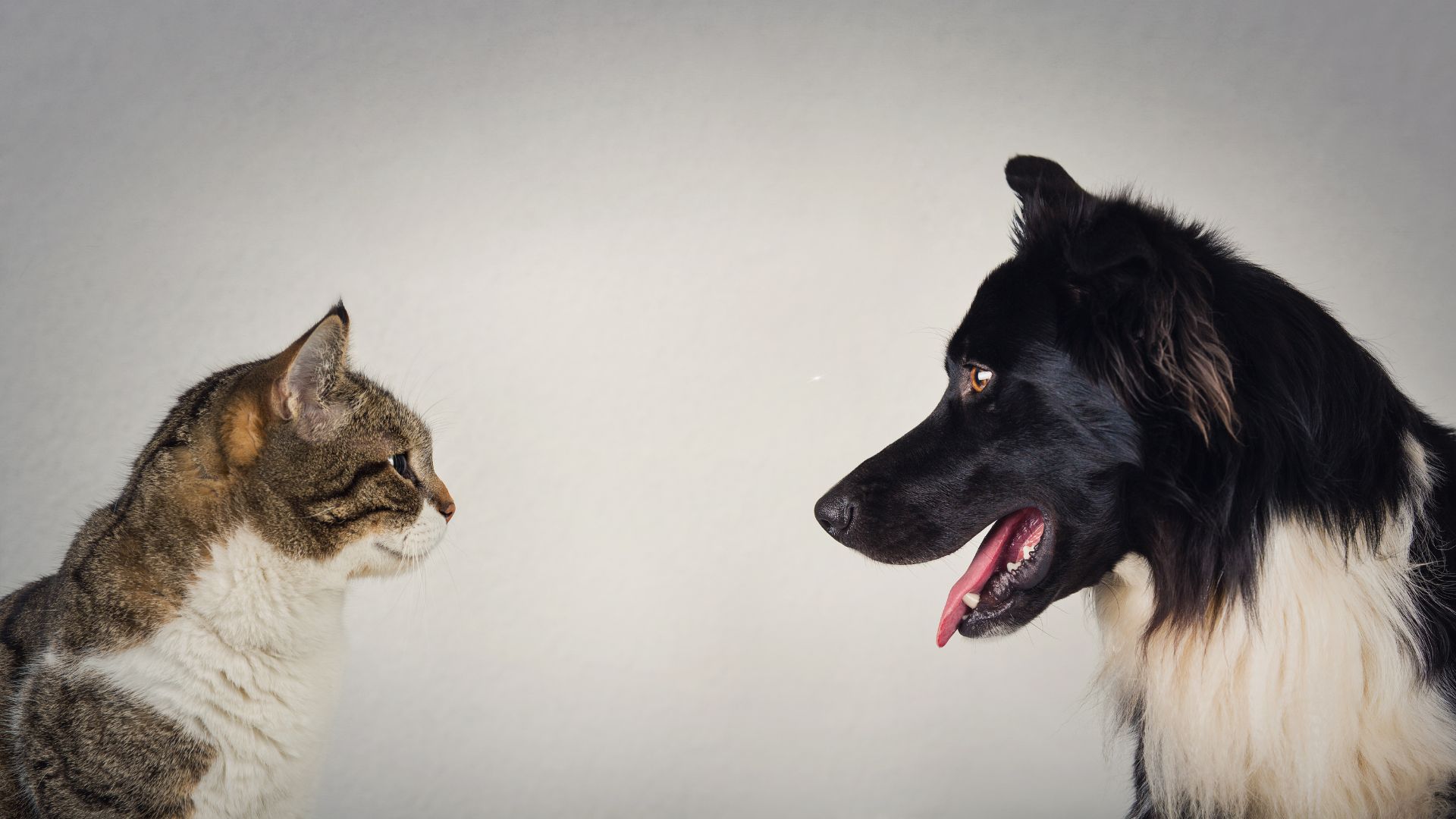
Choosing between a cat and a dog often comes down to lifestyle and personal preference. For many people, cats prove to be the simpler choice. They don’t require regular walks, are generally more self-sufficient, and tend to fit more easily into a variety of living situations, from apartments to larger homes.
Their low-maintenance nature means you can leave them alone for longer periods without guilt, and their independence allows them to thrive without constant attention.
At the same time, cats offer companionship and affection on their own terms, making them a unique and rewarding pet choice for those who prefer a quieter, more hands-off relationship. In the end, a cat can be the perfect balance of low-maintenance care and meaningful connection.
1. Independence

Cats possess a remarkable ability to entertain themselves. Unlike dogs, who thrive on constant attention and interaction, cats are content with solitude. This independence means that busy owners don’t need to worry about their feline friends feeling neglected during work hours.
While dogs might bark or chew in frustration, cats find solace in a sunny windowsill or a cozy corner. This doesn’t mean they don’t enjoy human company. When you’re ready to unwind, a cat might curl up beside you, offering companionship without overwhelming neediness.
Their low-maintenance nature makes them ideal for people with hectic schedules. Furthermore, their self-sufficiency extends to their grooming habits. Cats instinctively clean themselves, reducing the need for frequent baths. This not only saves time but also avoids the challenges of bathing a reluctant pet, making life easier for their owners.
2. Low Exercise Needs
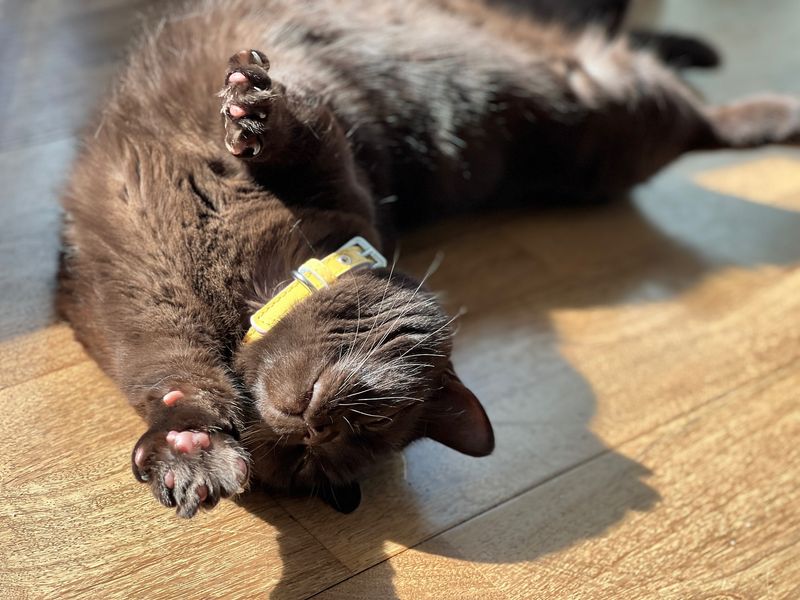
Cats require significantly less outdoor exercise than dogs. While dogs often need daily walks and playtime at the park, cats are satisfied with indoor play sessions. A dangling feather or a laser pointer can provide ample entertainment and exercise for a cat.
This indoor lifestyle suits those who live in apartments or areas without easy access to parks. Owners can rest easy knowing their cat can stay healthy and happy indoors, away from traffic or other outdoor hazards. Moreover, this means fewer time commitments for the owner.
There’s no need to brave the cold or rain to ensure your pet gets its daily exercise. This convenience is a major factor for many when considering a pet that fits their lifestyle.
3. Litter Box Trained
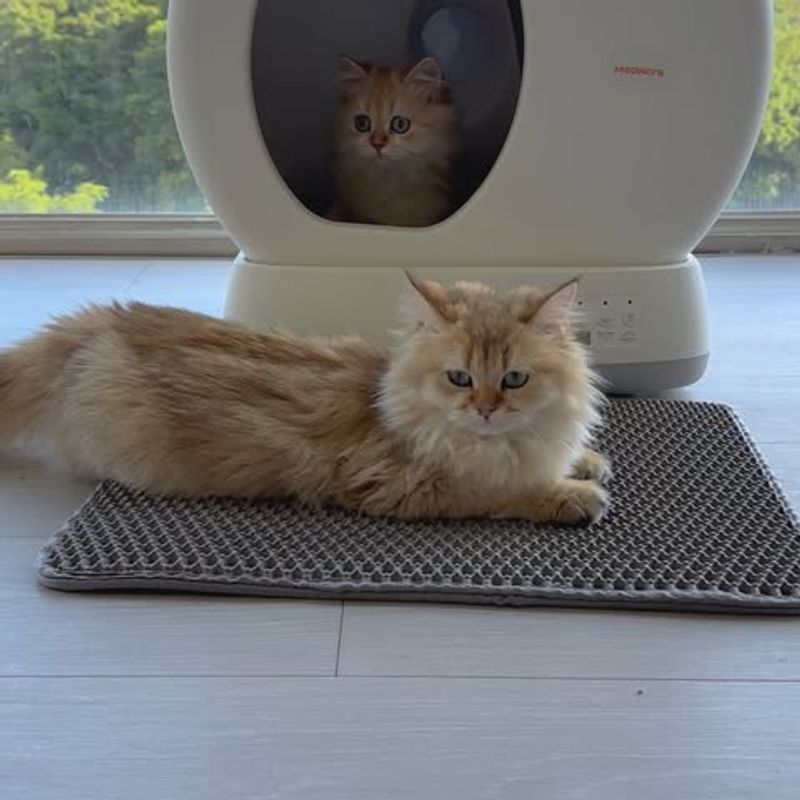
One of the greatest conveniences of owning a cat is the litter box. Cats instinctively know how to use it, which eliminates the need for outdoor potty breaks. This is a stark contrast to dogs, who require regular trips outside for bathroom needs.
This indoor solution not only saves time but also grants flexibility in pet care. Owners can maintain a clean home without worrying about accidents during busy times. Furthermore, the litter box offers a hygienic option for cats to relieve themselves.
With regular maintenance, unpleasant odors can be minimized, making it a practical solution for both cats and owners. This independence in bathroom habits is just another reason why cats fit seamlessly into many lifestyles.
4. Quiet Companions
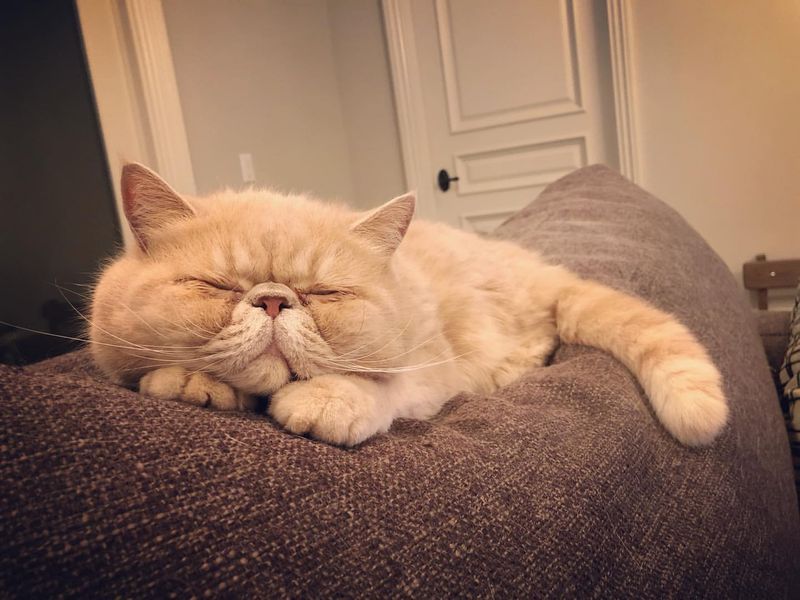
Cats are renowned for their quiet demeanor. Unlike dogs, who may bark at the slightest provocation, cats communicate subtly. Their gentle meows and purrs provide a calming presence, free from the boisterous sounds dogs often make.
This quiet nature makes them perfect for apartment living or homes with noise-sensitive neighbors. You can enjoy a peaceful night without the worry of startled barking or howling. Additionally, their silence doesn’t mean they lack personality.
Cats express themselves through body language and soft vocalizations, offering companionship without the noise. Their quiet companionship is a soothing balm in a chaotic world, making them a preferred choice for many.
5. Minimal Grooming
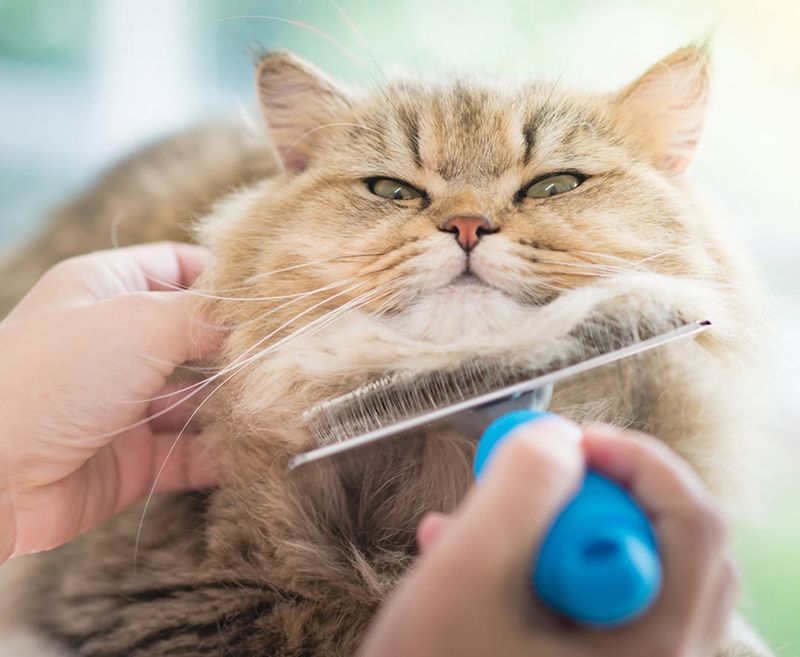
Cats are meticulous self-groomers, which reduces the grooming responsibilities for owners. Unlike dogs, who often require regular baths and professional grooming, cats manage their own fur maintenance. This self-sufficiency means fewer expenses and less time spent on grooming-related tasks.
Owners can enjoy a clean pet without the hassle of frequent brushing or washing. Additionally, this grooming behavior helps keep cats tidy and less prone to odors.
For those who prefer a less labor-intensive pet care routine, a cat’s natural grooming habits are a significant perk. Their fastidious nature ensures they remain clean and pleasant companions.
6. Space Efficiency
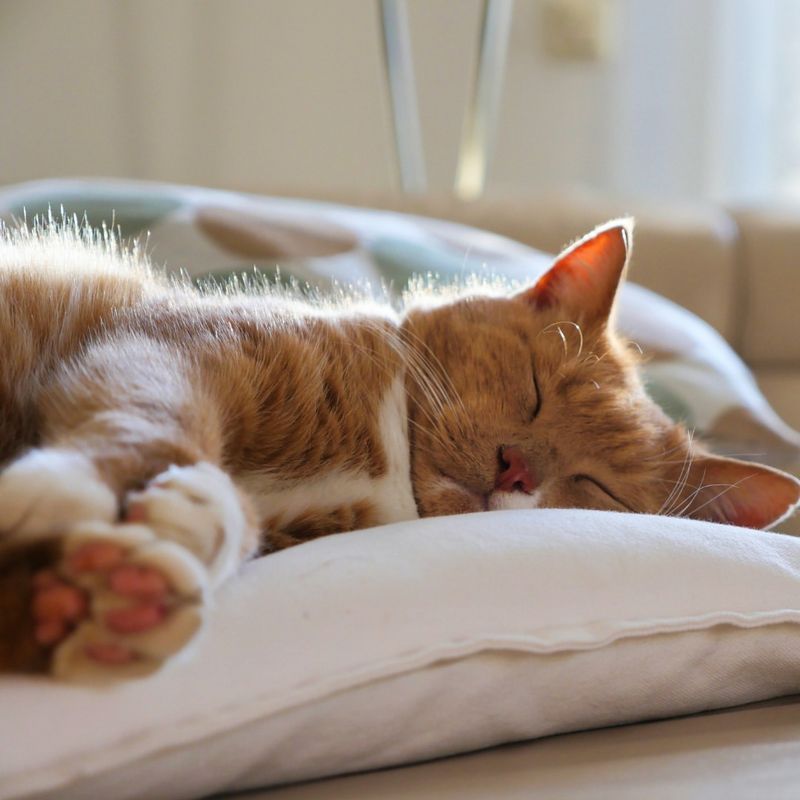
Cats adapt well to smaller living spaces, making them ideal for apartment dwellers. Unlike dogs, who may need room to roam, cats find comfort in compact environments. They can turn any small nook into a personal haven, often preferring cozy spots over wide-open spaces.
This adaptability means that even a studio apartment can become a cat’s kingdom. Moreover, their minimal need for space ensures they fit into a variety of living situations without crowding or overwhelming the area.
This makes cats a practical choice for those with limited space, allowing them to enjoy pet ownership without sacrificing living comfort.
7. Cost Effective
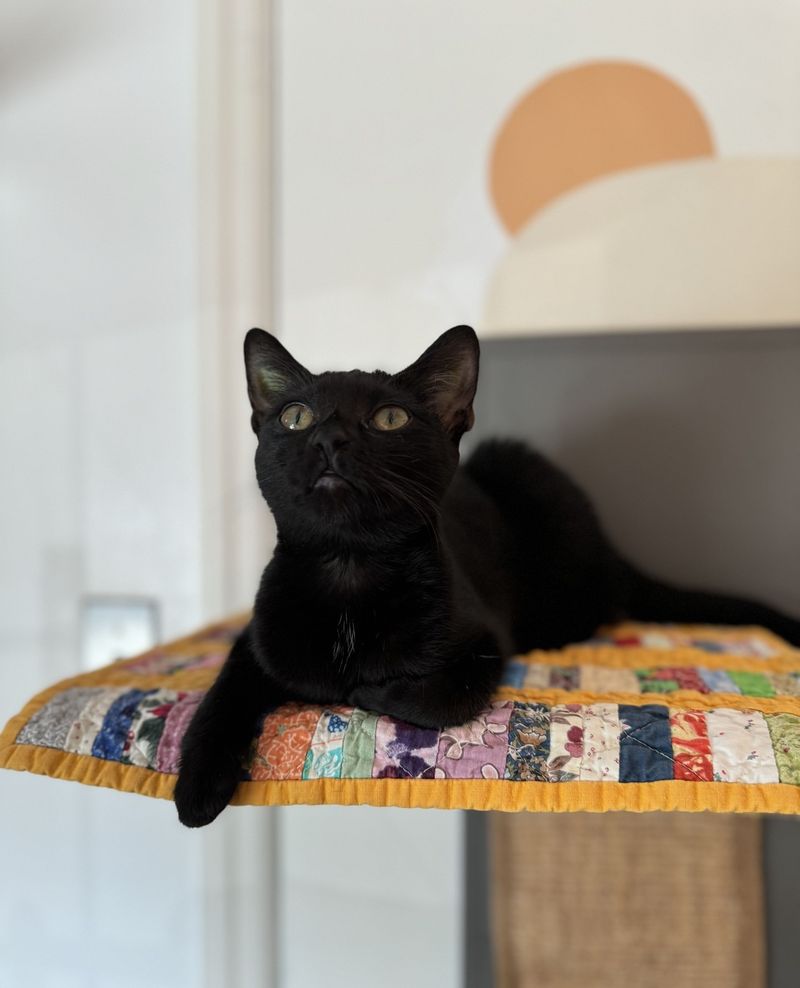
Owning a cat can be more budget-friendly compared to owning a dog. Cats typically require less food, fewer toys, and minimal grooming products. Veterinary bills can also be lower due to the fewer health issues associated with smaller breeds.
Cats are often more economical in terms of initial purchase or adoption fees as well. Moreover, the absence of expenses related to dog walking services or extensive grooming sessions adds to the cost-effectiveness.
For budget-conscious pet lovers, a cat offers companionship without breaking the bank, aligning with both lifestyle and financial considerations.
8. Less Training Required
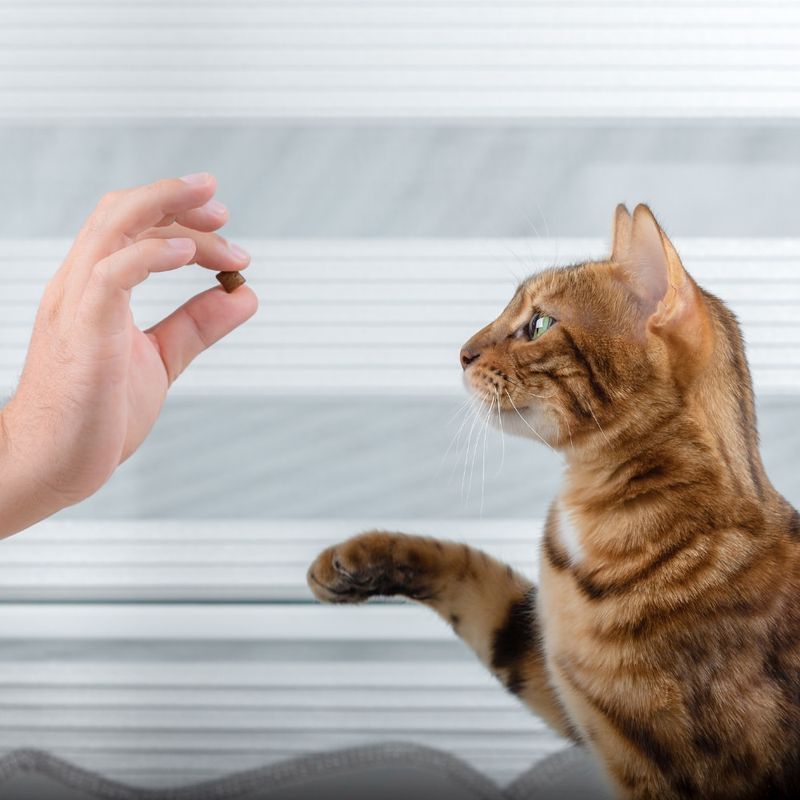
Cats generally require less training than dogs. They instinctively know how to use the litter box and often have a natural understanding of house rules. Unlike dogs, who might need extensive obedience training, cats are content with their own routines.
This ease of training means less time spent on behavioral corrections and more time enjoying pet companionship.
Additionally, their independent nature reduces the necessity for teaching commands. For those looking for a pet that seamlessly integrates into their lifestyle, a cat’s minimal need for training is a significant advantage.
9. Hypoallergenic Breeds
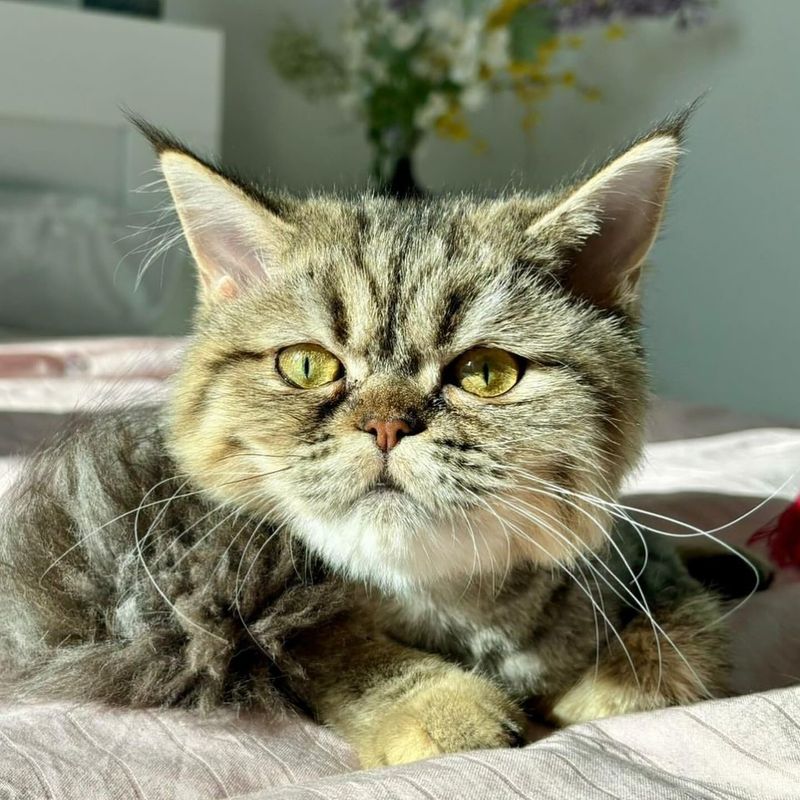
For allergy sufferers, there are hypoallergenic cat breeds that produce fewer allergens. While all cats produce some allergens, breeds like the Siberian, Balinese, or Bengal are often better tolerated.
This offers an opportunity for those with sensitivities to enjoy the companionship of a cat without the discomfort of allergic reactions. Choosing the right breed can make a significant difference in comfort levels.
These hypoallergenic options open pet ownership to a broader range of people, allowing them to experience the joys of having a cat without the traditional allergy concerns that might accompany other pets.
10. Nighttime Companionship
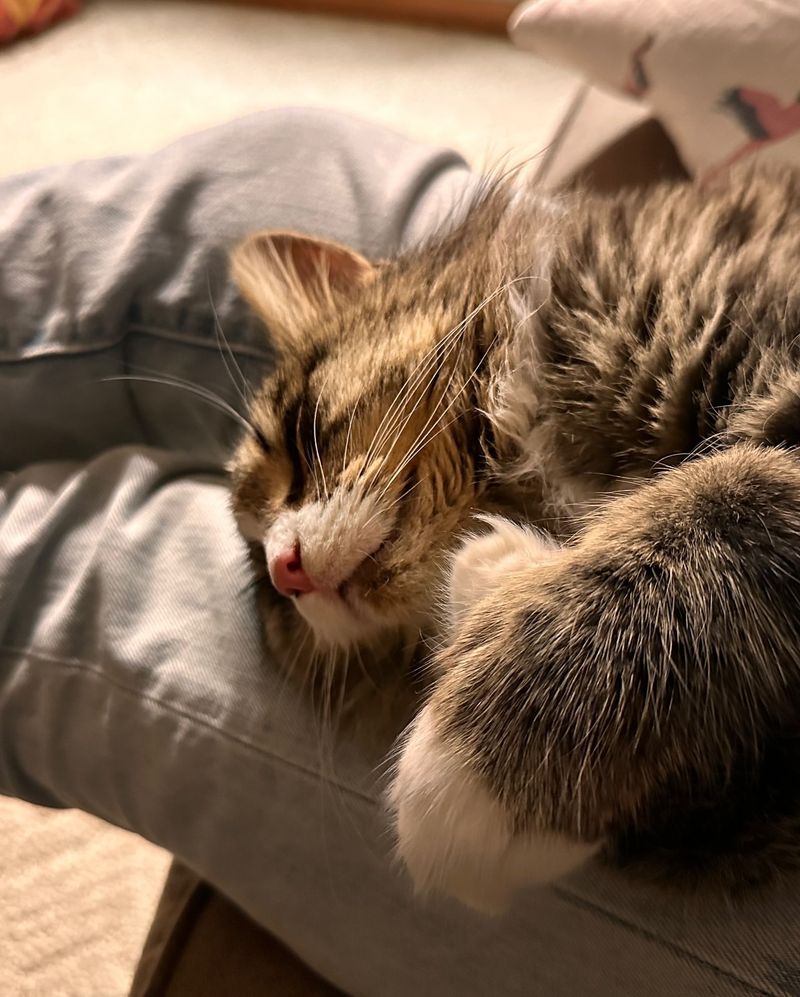
Cats are often nocturnal, providing companionship during the night when many dogs are asleep. Their quiet presence can be comforting for those who find nighttime lonely.
This nocturnal nature means they might be more active and ready to interact during the darker hours, making them ideal for night owls. Furthermore, their ability to stay up and offer silent company is appealing to those who work night shifts or have irregular schedules.
Their presence offers a sense of security and companionship, enhancing the overall quality of pet ownership.
11. Stress Relief
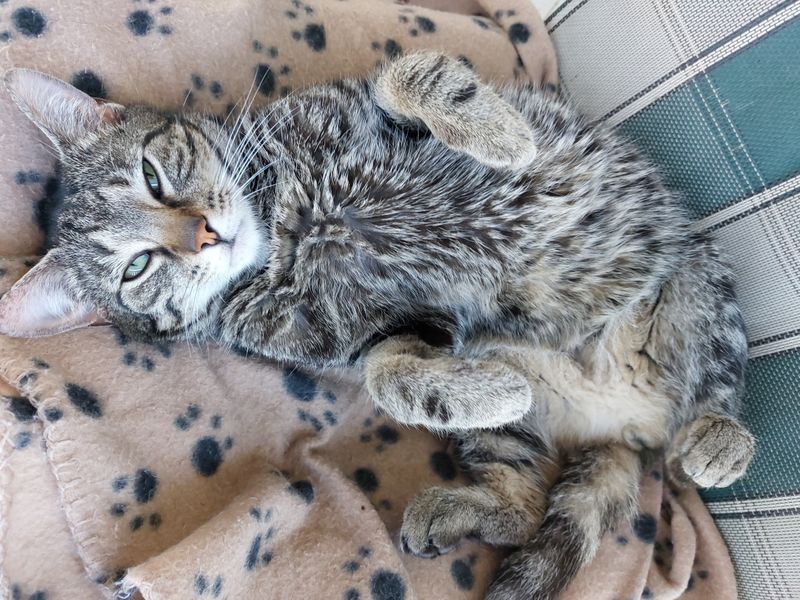
Cats are known for their calming presence. The act of petting a cat can reduce stress and anxiety, offering therapeutic benefits to owners. Their purring has been shown to have a soothing effect, creating a tranquil environment.
This stress relief is one of the many reasons people choose cats as pets. Moreover, their independent nature means they are low-pressure companions, offering love and comfort without demanding constant attention.
For those seeking solace in a pet, a cat’s gentle demeanor provides the perfect antidote to the pressures of modern life.
12. Travel Friendly
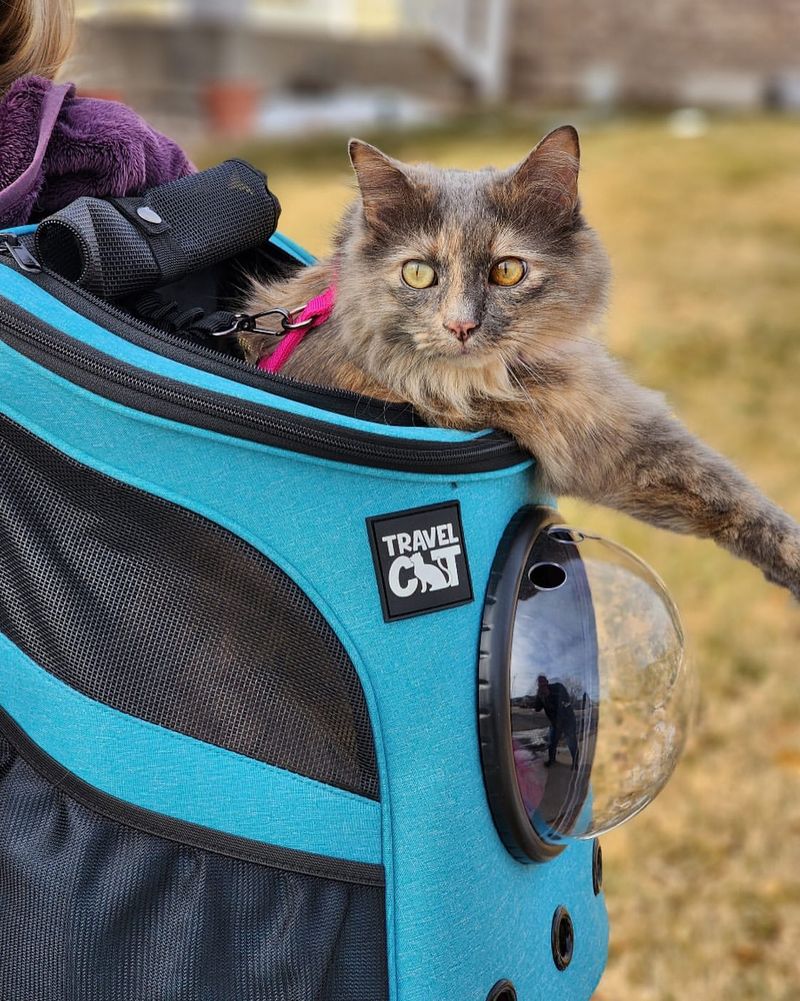
Cats are generally easier to travel with compared to dogs. Their small size and self-sufficient nature make them ideal travel companions. They require less space and can easily fit into travel carriers, making transportation simpler.
This makes it feasible for owners to take their feline friends along on journeys. Additionally, their adaptability means they can settle in new environments with minimal fuss, unlike some dogs who may experience anxiety or stress during travel. This ease of transportation ensures that pet ownership doesn’t have to restrict travel plans.
13. Long Lifespan
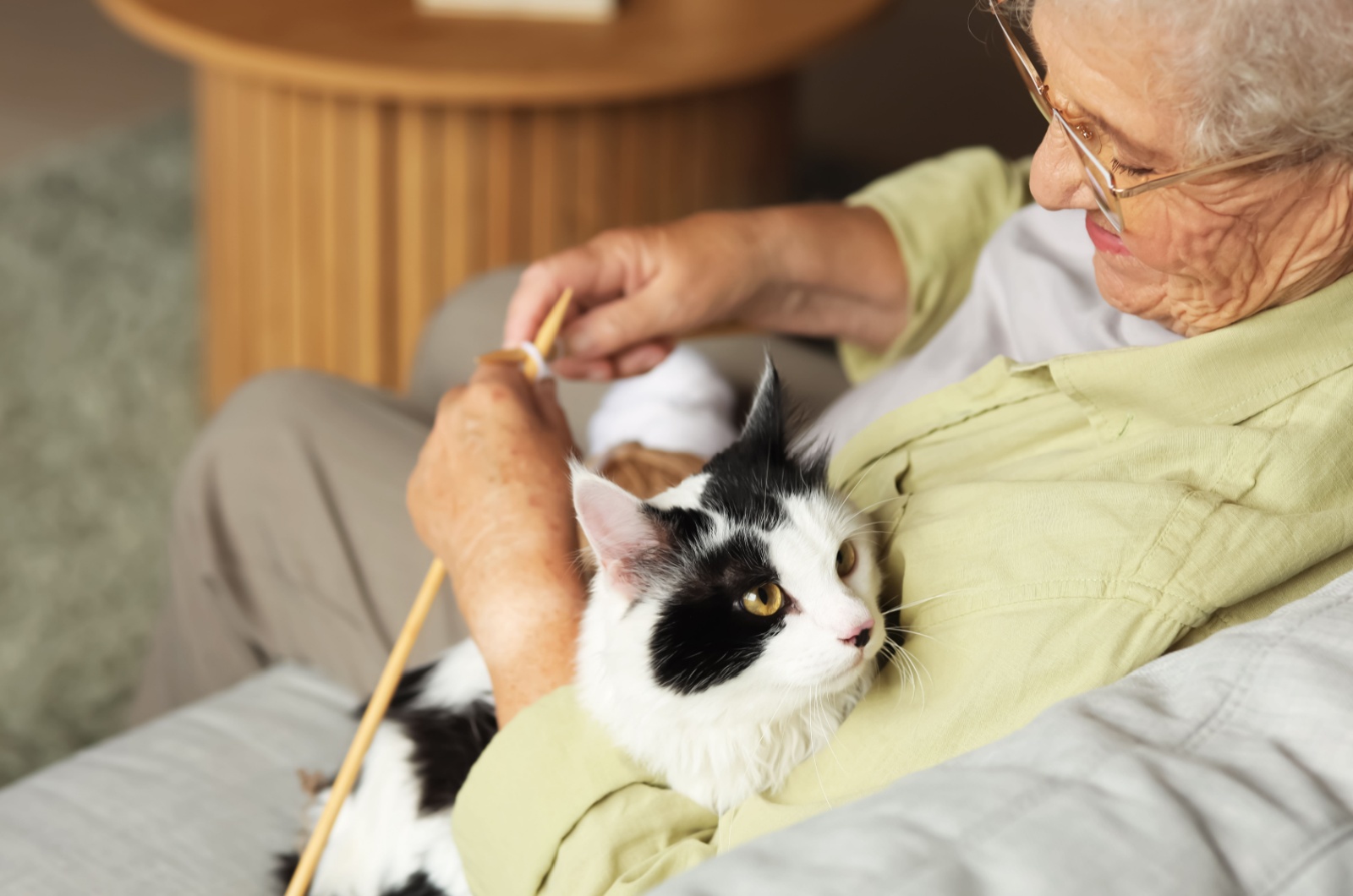
Credit: Shutterstock
Cats often enjoy longer lifespans than dogs, making them enduring companions. Many cats live well into their teens, with some reaching their twenties. This longevity allows for a longer-lasting bond and more shared experiences.
It also means that the initial commitment to a pet can result in many years of companionship. Moreover, their long lifespan offers stability and continuity for owners seeking a long-term pet relationship.
This makes cats an appealing choice for those wanting enduring companions who will be with them through different life stages.






